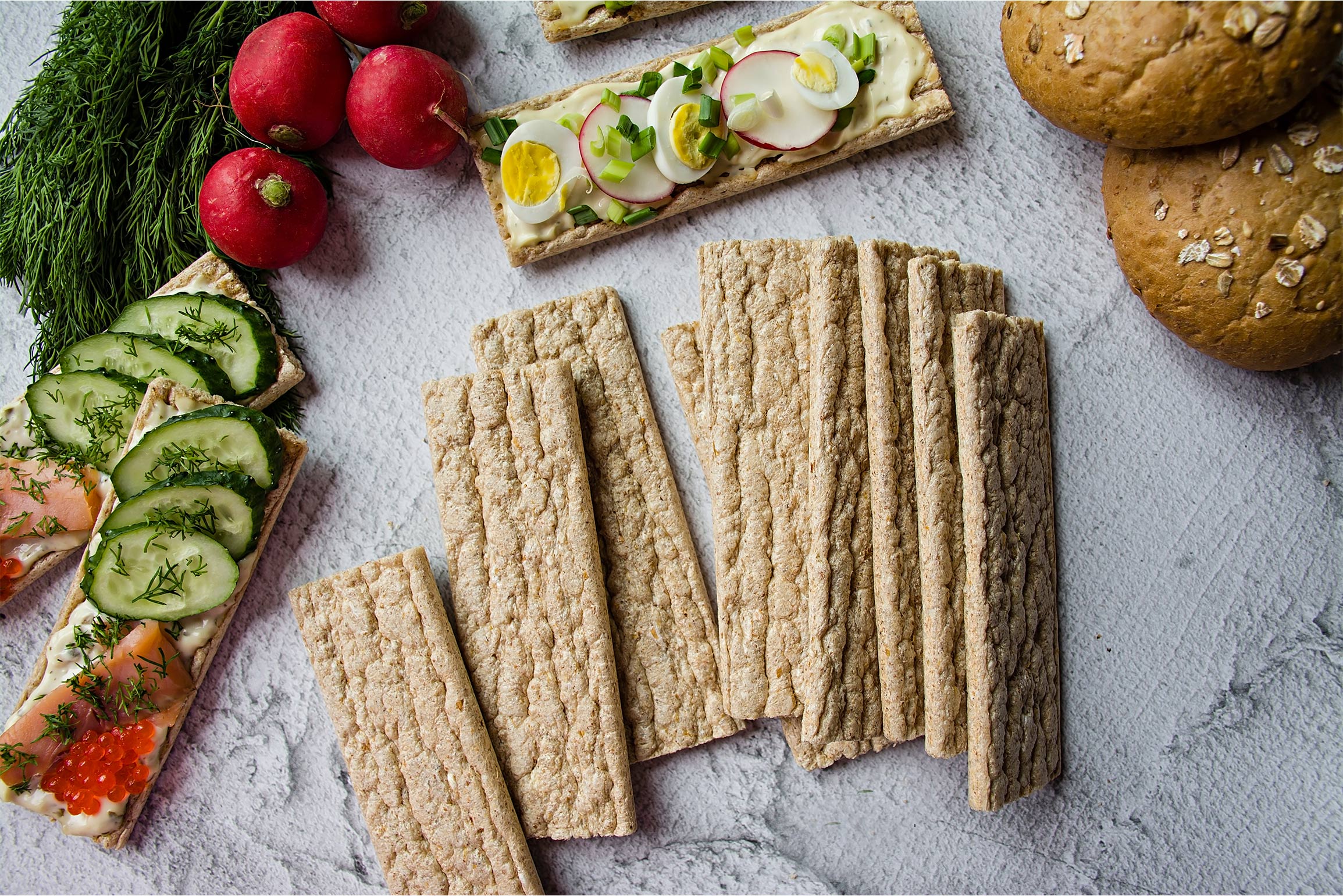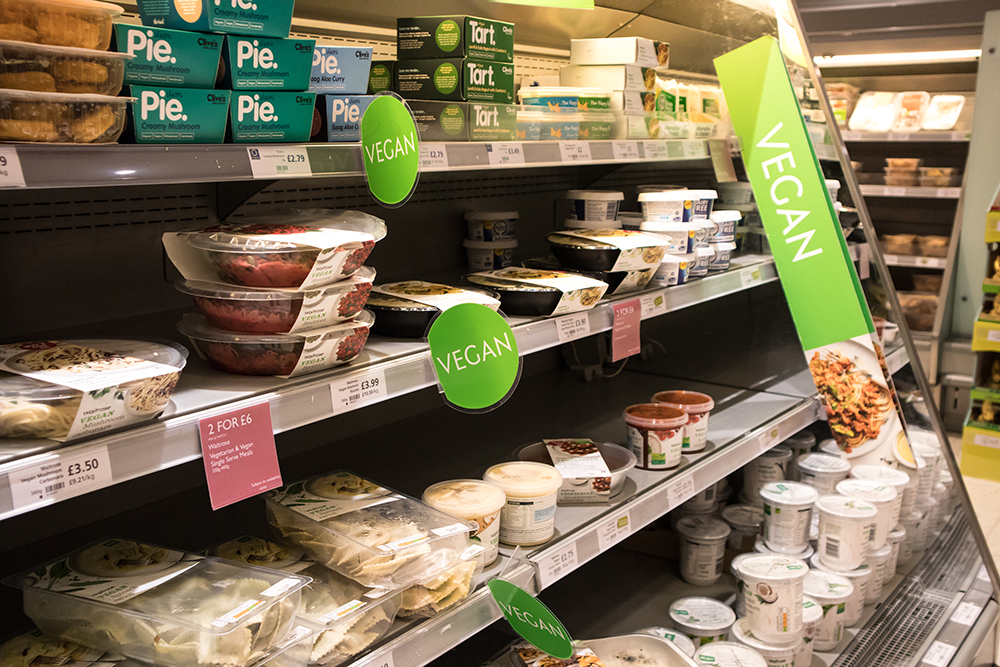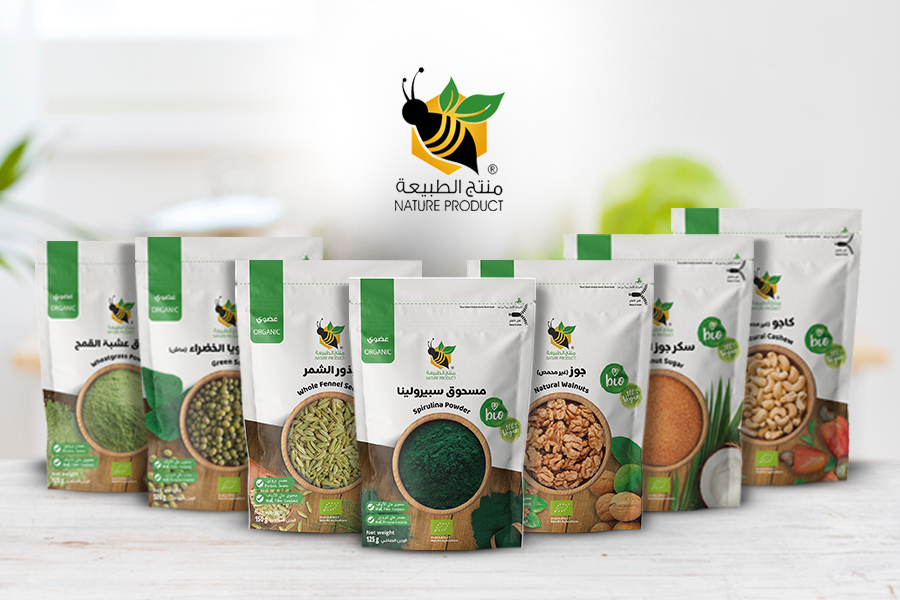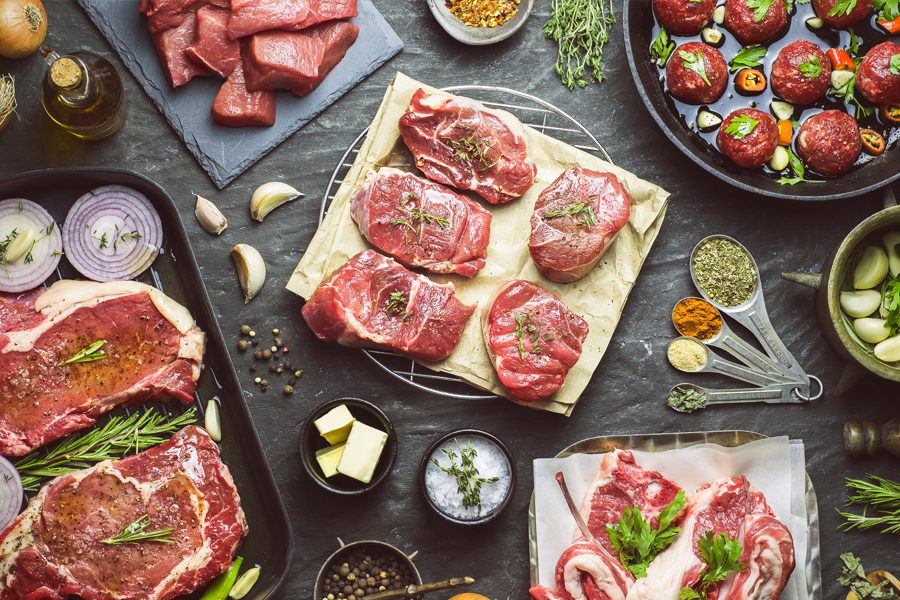Shall we stop eating industrial white bread? Are there alternatives?
The first thing you may have heard whether you want to lose weight or improve your health is to reduce or completely eliminate the white bread of your daily diet. In today’s post we tell you why you should stop eating white bread and what substitutes for this type of bread exist.
Although the bread contains a high energy value as it is a carbohydrate, most of the bread sold is made from refined wheat that it is stripped of most of its fiber and nutrients. But not only that, its consumption can harm our body for many reasons. Keep reading!
Did you know that eating white bread increases your risk of diabetes type 2 and can alter your weight? You are right! It has a high glycemic index, that means, it rapidly increases blood sugar and insulin levels.
In addition, the consumption of white bread generates an experience for the organism very similar to that of other simple carbohydrates such as sugar: energy increases fast but falls just as quickly, generating the need to ingest a new dose to recover this vitality, and facilitating, in this way, that our weight is increased.
According to the World Health Organization (WHO), the maximum recommended dose of salt is 5 grams per day per person. Generally, industrial white bread contains about 4.7g per 250g bar bread. These excesses could contribute to fluid retention and high blood pressure.
On the other hand, although gluten provides elasticity to bread, many people have a sensitive digestive system that prevents them from properly digesting gluten, generating gastroesophageal reflux abdominal pain and inflammatory conditions.
In addition, many preservatives are used to increase the expiration date of commercial breads, which are far from being positive for our health.
Even knowing all this, many people find it very difficult to reduce or eliminate the intake of industrial white bread, without a doubt, this measure will be much easier after knowing the different options and substitutes for the bread that we are going to present to you.
Wholemeal or rye bread:
This type of bread contains more nutrients and properties than conventional bread but usually have the same calories. Of course, we recommend you check the labels info to confirm that refined flour (also commercially called by many as wheat flour) has not been used during its preparation. Watch out! It is very easy to be fooled by the color of the bread or distracted by adding seeds or cereals, pretending to give the bread a healthier appearance.
Vegetables:
Chickpeas, beans, lentils and other legumes can be an ideal complement to your diet if you want to reduce or eliminate bread. They provide healthy carbohydrates with great energy, protein, and very little fat. In addition, they are always recommended to people who need to regulate their blood sugar levels.
Cereals:
Quinoa, oatmeal or brown rice are some of the many options. Cereals provide fiber and carbohydrates that will help us with the energy we need by eliminating bread from our diet.
Lettuce and leafy vegetables:
Fresh and low in calories are widely used in the traditional cuisine of many Asian countries. Undoubtedly, a good substitute for bread or rolling tortillas for those who do not need great consistency in the bite.
Rice or corn cakes:
They are very low in calories (between 20 and 25 calories) and very versatile, since they can be consumed alone or as a sweet or savory snack by adding different ingredients to taste. There are many products on the market with which we can satisfy our desire to eat conventional bread, therefore we recommend you examine what you need in order to choose the ideal complement for your health and do not forget to include legumes, hydrates, vegetables, fruit, quality protein and fat in its optimal measure.
Both cereals are beneficial for health but they have different properties. If you are looking for a higher level of fiber, we recommend that you bet on corn cakes, since corn contains more fiber than white rice. On the other hand, rice is a better source of manganese.
Regarding digestion, rice pancakes digest quicker and are better for energy retention. But if you do not practice much sport, it may be better to opt for corn, as they will help you feel satiated for longer.
Oats:
It is the cereal with more protein. It is rich in minerals and vitamins B. It fights cellular oxidation, regulates blood pressure and has an anti-inflammatory effect. It also feeds the good bacteria of the intestine, regulates sugar levels, helps lower cholesterol, prevents highs and lows of glucose and even prevents asthma.
We hope this post is helpful to bring a bit of light to this complicated matter for many people trying to reduce the industrial white bread consumption. Likewise, we recommend you to know the organic standards and certifications to ensure the quality of the manufacturing processes and the final products, among others. More information in our article “Standards and Certification for Organic Products“.
If you want to know more about different food products that respect our planet and your health, we recommend not to miss our articles “Veggie meat and its benefits planet”, “Healthy snacks, organic productions and benefits for your health”and “Benefits and types of cow’s milk substitutes”.
Are you taking care of yourself?






